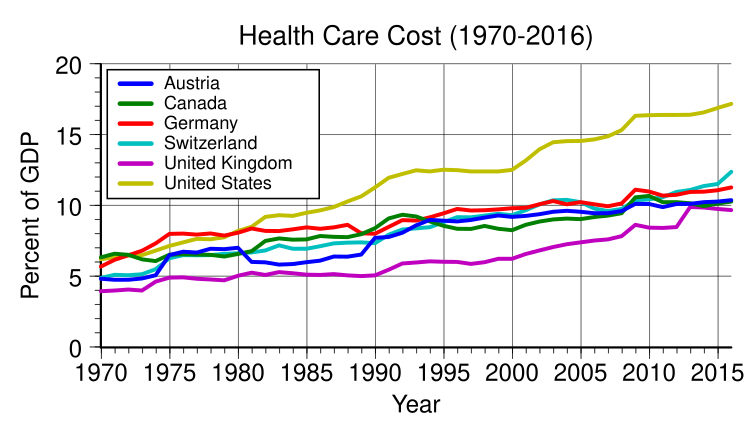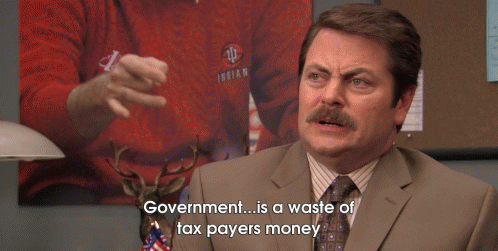- Joined
- Feb 18, 2017
- Messages
- 180
- Reaction score
- 87
This is something I always wondered about. And for many pre-meds, it could be an interview question.
Bernie Sanders’ single payer plan would have costed $ 1.38 trillion a year, but saved 6 trillion over the next decade. We would have a 6.2% payroll tax on everyone, 2.2% health care premium increase/income tax on workers, tax on capital gains tax on people making over 250k, and eliminated deductions for the wealthy, and raised the estate tax in order to pay for it.
According to Professor Gerald Friedman, the US would save 500$ billion in the first year under single payer. (200 billion $ saved from bureaucracy and paperwork, 200$ from monopolistic practices by the drug industry, and 30 billion $ saved from the employer based HC being eliminated).
So it does save money, but people like Ben Shapiro say it would discourage people from going into the medical field (because salaries would decrease + more patients) and that there would be very long wait times for some procedures.
I'm curious to see what @Goro @LizzyM @gonnif and all the other braniacs on SDN think of it. Yay or nay?
Bernie Sanders’ single payer plan would have costed $ 1.38 trillion a year, but saved 6 trillion over the next decade. We would have a 6.2% payroll tax on everyone, 2.2% health care premium increase/income tax on workers, tax on capital gains tax on people making over 250k, and eliminated deductions for the wealthy, and raised the estate tax in order to pay for it.
According to Professor Gerald Friedman, the US would save 500$ billion in the first year under single payer. (200 billion $ saved from bureaucracy and paperwork, 200$ from monopolistic practices by the drug industry, and 30 billion $ saved from the employer based HC being eliminated).
So it does save money, but people like Ben Shapiro say it would discourage people from going into the medical field (because salaries would decrease + more patients) and that there would be very long wait times for some procedures.
I'm curious to see what @Goro @LizzyM @gonnif and all the other braniacs on SDN think of it. Yay or nay?



